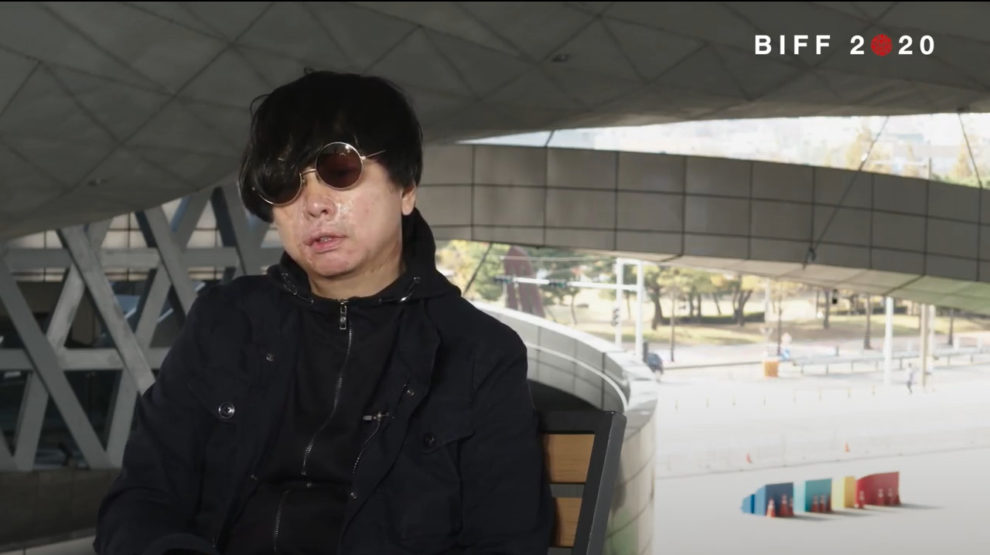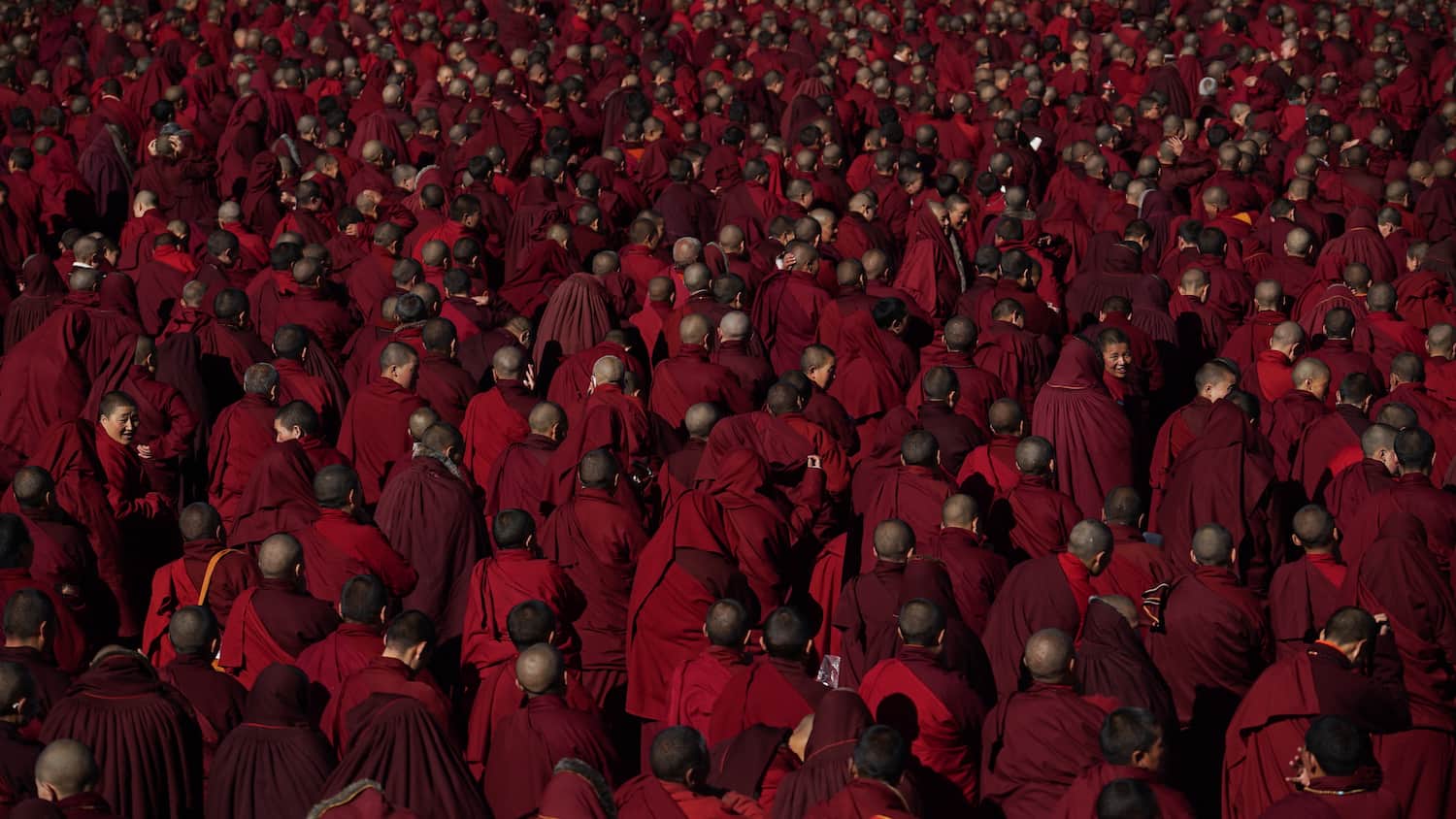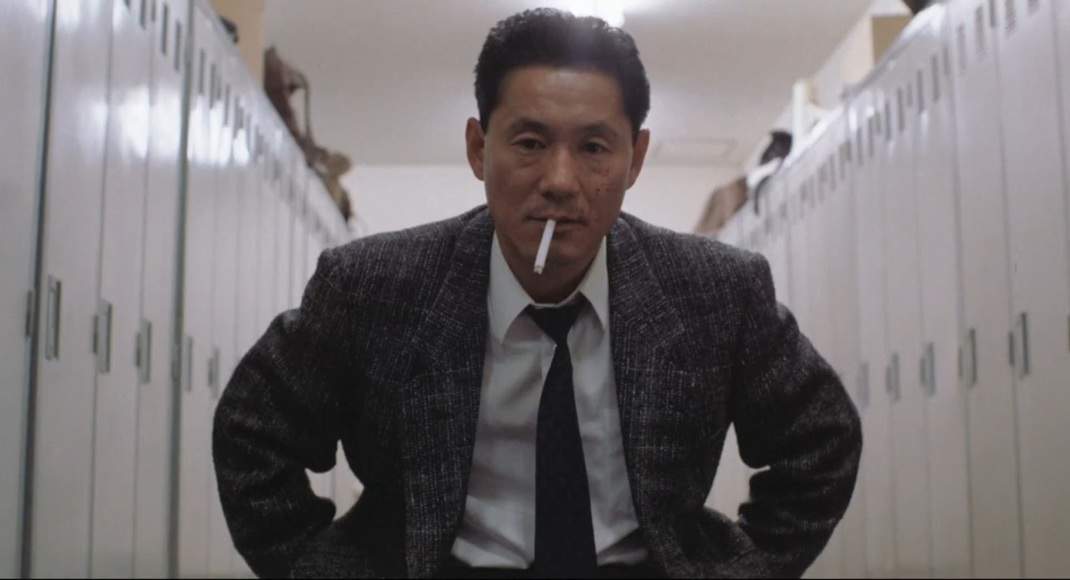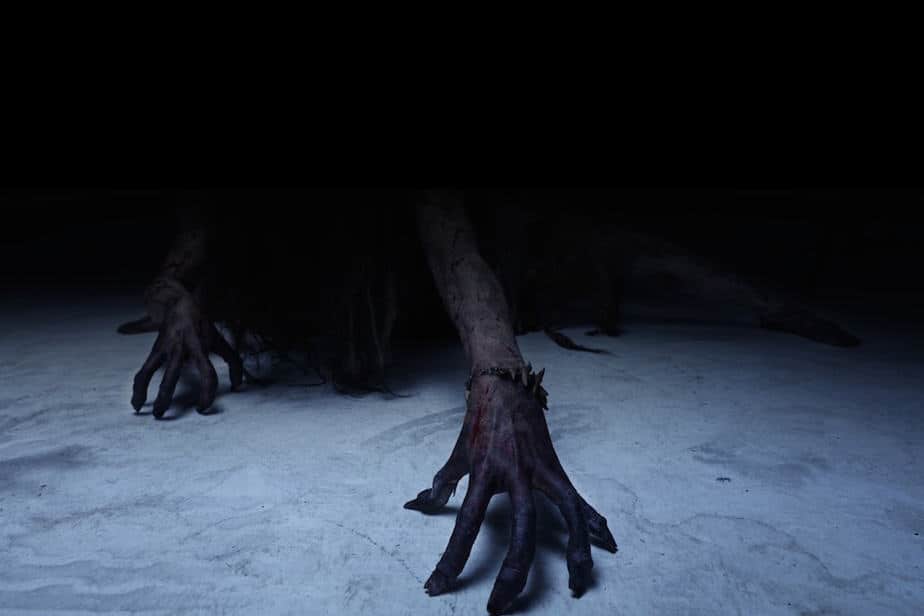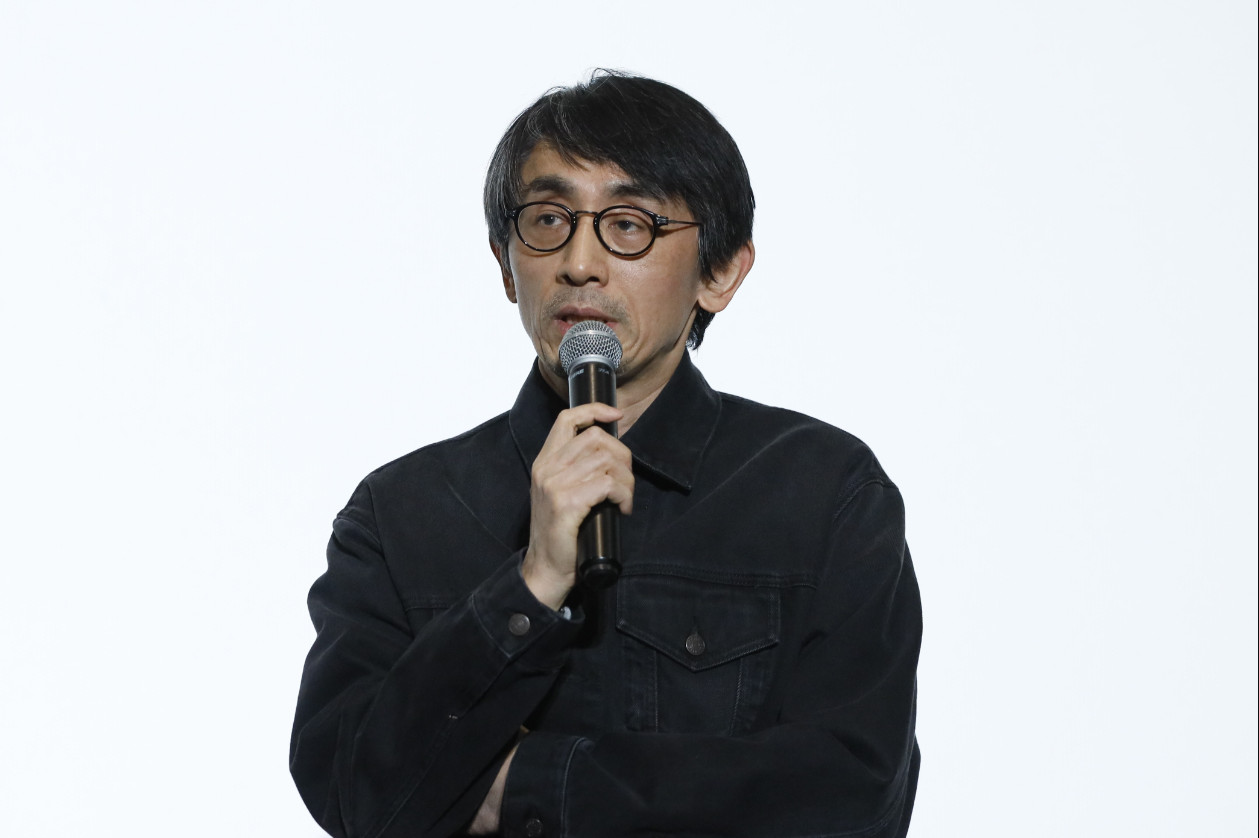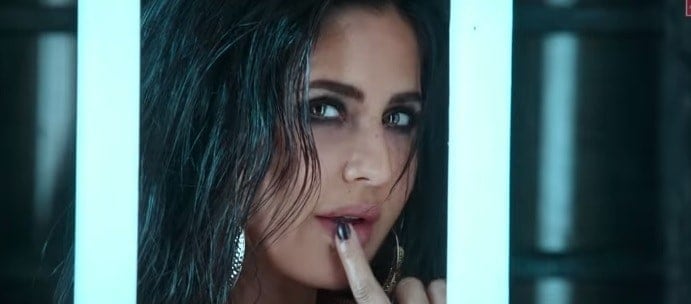Additional questions by Rhythm Zaveri
Born in Busan in 1980, Jero Yun went to study in France at the age of 21, where he studied at the Fine Arts School in Nancy and later in the video/photo section at the National Decorative Arts School in Paris. Since his very first work as a filmmaker, the documentary short “Promise”, Yun has been interested in the subject of North Koreans and defectors to the South, a subject that he has been working on inn a number of projects including his first feature-length documentary “Looking For North Koreans”, his first feature film “Beautiful Days” and his newest fictional feature “FIGHTER”.
On the occasion of “FIGHTER” screening at Busan International Film Festival, we talked to him on the subject of North Korean refugees and the South Korean public's perception of them, his actors and more.
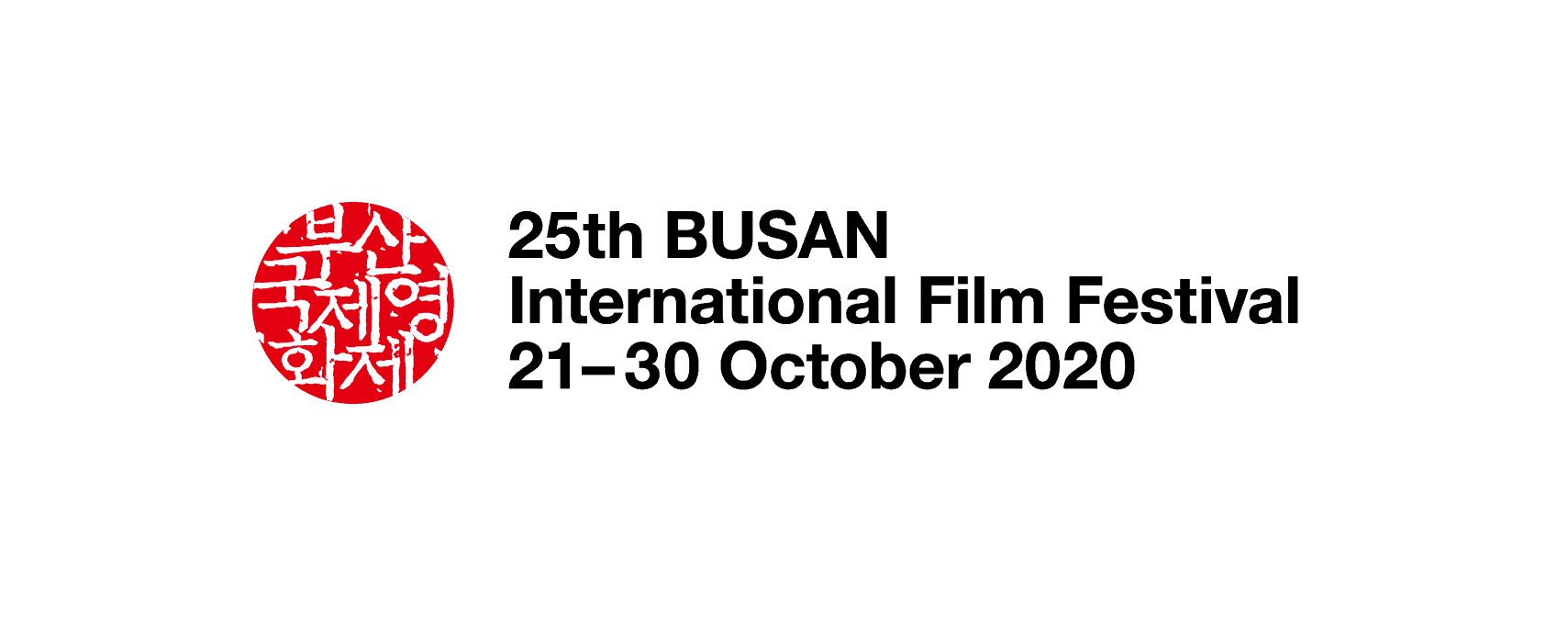
Both “Beautiful Days” and “FIGHTER” have premiered at Busan International Film Festival. How does getting the appreciation in your hometown, especially the NETPAC Award for “FIGHTER”, feel?
It's a wonderful moment to come back again in my hometown with films. Especially in this year, in Covid-19 period with two features films, one documentary and one fiction. I didn't expect two awards for ‘Fighter'. I'm more happy for Lim Sung-mi, who needed that recognition. I wanted this so much for her, because she is really talented and she didn't have any chance before to show her wonderful work. She is not a “beginner”, she actually has a 10 years career in Korean Cinema.
The majority of your works deal with those you call your “enemy brothers” in your documentary “Looking for North Koreans”. Can you tell us about how this interest first started and if it was a conscious effort to tell their stories?
‘Looking for North Koreans' (2012) is my first feature-length documentary after I made first short documentary called ‘Promise'(2010) All my research in the same theme as South Korean filmmaker started with this first short documentary. “How?” and “Why?” derive just from two simple questions I posed to myself 10 years ago: “Why couldn't I meet physically North Koreans?” and “Why my father hates North Koreans ?
Your first movies were mostly documentaries, but now you are dealing mostly with features. How difficult was the transition and do you find that you are improving with each feature you direct? Do you have one preferred medium you would like to continue in or will we see you juggle between them?
I never felt any transition in a different kind of medium. My first work was in 2003. I made a lot of fiction as I was experimenting with short films (around 40 films). When I began to be interested in documentaries, it was from ‘Promise', as I mentioned. I always worked in any “category” : documentary, fiction, experimental etc. For me, the question of “category” is not an important one to consider if my work stays in the same theme, the same direction. What I want to talk through the film is the most important factor in my opinion. So, it could be in horror or drama or documentary or comedy way etc.
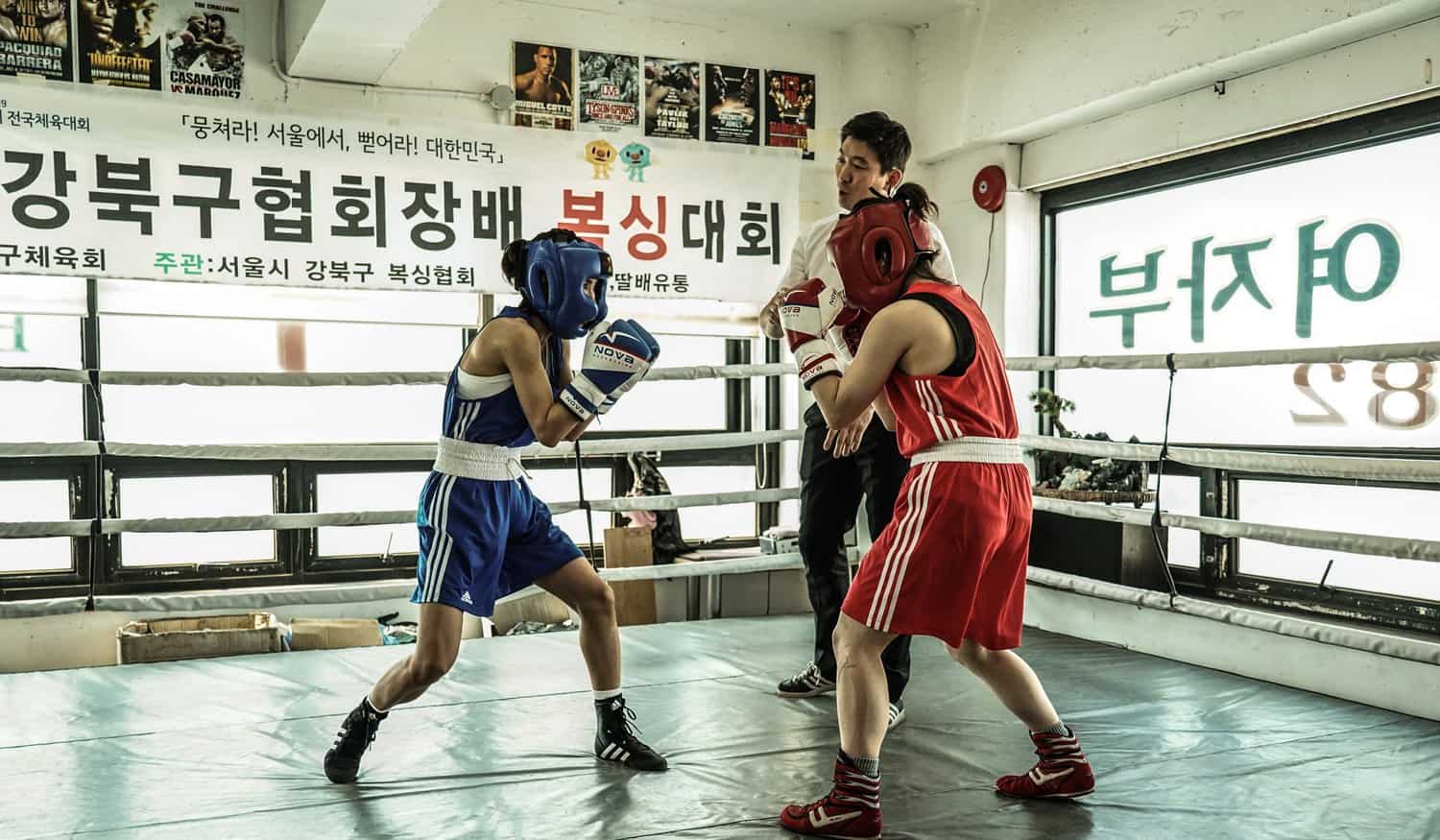
How come you decided to also include boxing in the narrative this time? What kind of research did you do regarding the sport? Was this aspect difficult for Lim Sung-mi?
The idea of ‘Fighter' came in my head when I was in Cannes Film Festival Residency (Cinefondation 2012) where I was writing 3 stories (including ‘Beautiful days'). I got interested in English boxing due to a friend of mine at the time. I learned that boxing is not just for physical fighting. It is also for some kind of meditation (control your mind against anger for example). Some jails in France use English boxing like meditation; the angered participants do not box with power, they just spar, using simple technical touches to show how to control your mind and make peace with yourself. The idea for “Fighter” initially came from that concept.
Lim Sung mi did excellent work. She trained every day for this main character.
In general, why did you cast Lim Sung-mi for the role, and how did you guide her for the part? Same question for Oh Kwang-rok, who has featured in both your feature films
It was very difficult and took a long time to find the main actress. After a long research, when I met Lim, it took just 30 minutes to decide, because I felt her inner power and that she was the only one who could do it. I was right to believe in her. About Oh, I knew him personally and I always considered him for this character. It was a question of trusting each other in fact.
The movie presents a number of stereotypes South Koreans use for North Koreans. Is that the reality of S. Korean society? What are the biggest issues that North Korean refugees face while living in South Korea?
Discrimination exists in the South Korean society, to the point that even the government makes an effort to change the image North Koreans have among the citizens in the country. Unfortunately, having real resolution against that state of mind is not a simple matter. I recommend watching “Madame B”(2016), “Hitchhiker”(2016), “The Hunter” (2019) to understand more what I'm talking about.
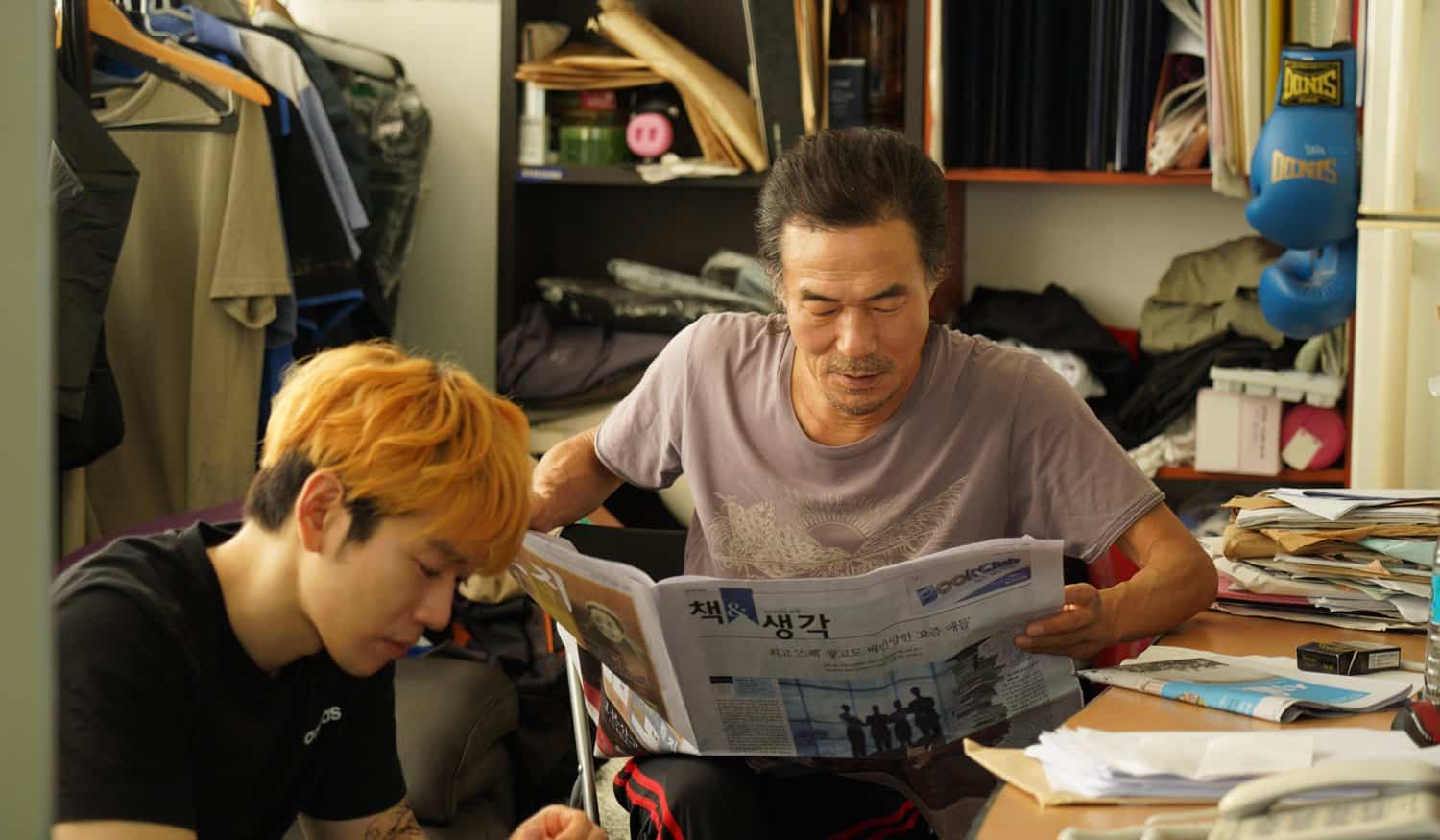
Can you tell us a bit about the social adjustment training that the defectors go through and how effective it really is in getting the acclimated to the vastly different life in the South?
We have official program for North Korean defector who arrive in South Korea. We call ‘Hanawon Center' (re-education Center) where charged by government. They learned who was Kim il sung, what was communisme by South Korean way etc. They learn also how integrate in south korean culture and many different kind of south korean life etc.
Although the base of the movie revolves around a North Korean “Defector”, I felt that the focus was on the difficulties women face nowadays. Was that one of your purposes?
Basically or symbolically or indirectly, I'm talking about “Love”. You can see that from my first work until my last one. You have the choice to just see the stories or you can take a step back and see further, what I am actually talking about. “Love” is the most important thing in our lives. But it needs a lot of effort. When we lose love somehow, we lose lucidity and can be in trouble
“Beautiful Days” was occasionally pretty impressive visually, but in “Fighter”, you chose a more grounded approach in the visual department. Why, and generally, what was your purpose in the visual department?
About the main character's life, I wanted to have the camera moving in a “raw”, crude way, unstably. I chose this approach because I felt it matched the subject much better than if having a steady camera. My intention was to put the anger of the main camera on camera.
Are you working on anything new at the moment?
I'm working in different projects : series, fiction, documentary. I don't know yet which one will be first one in 2021, I'll know better in the beginning of next year.


